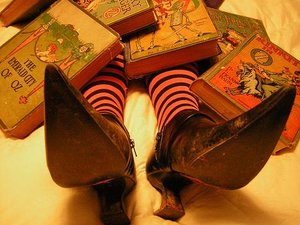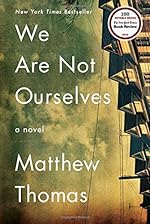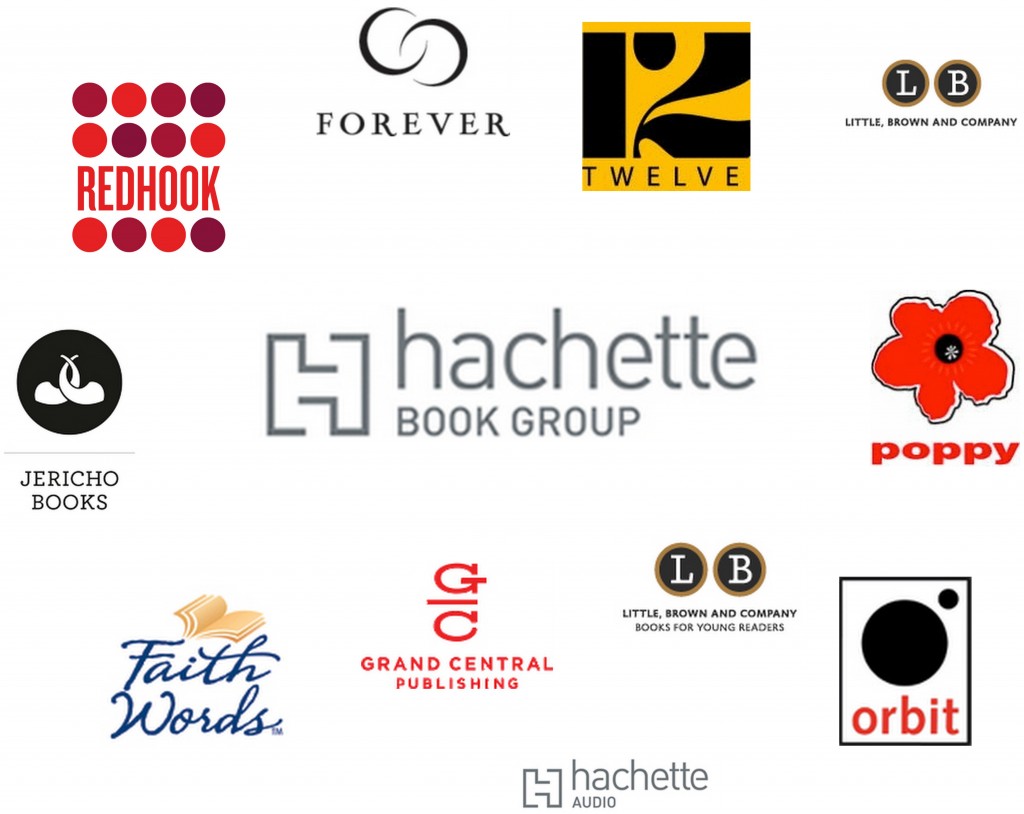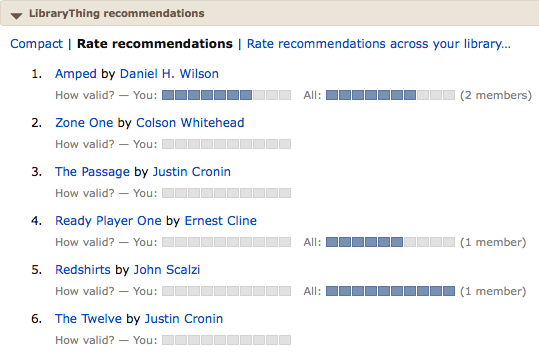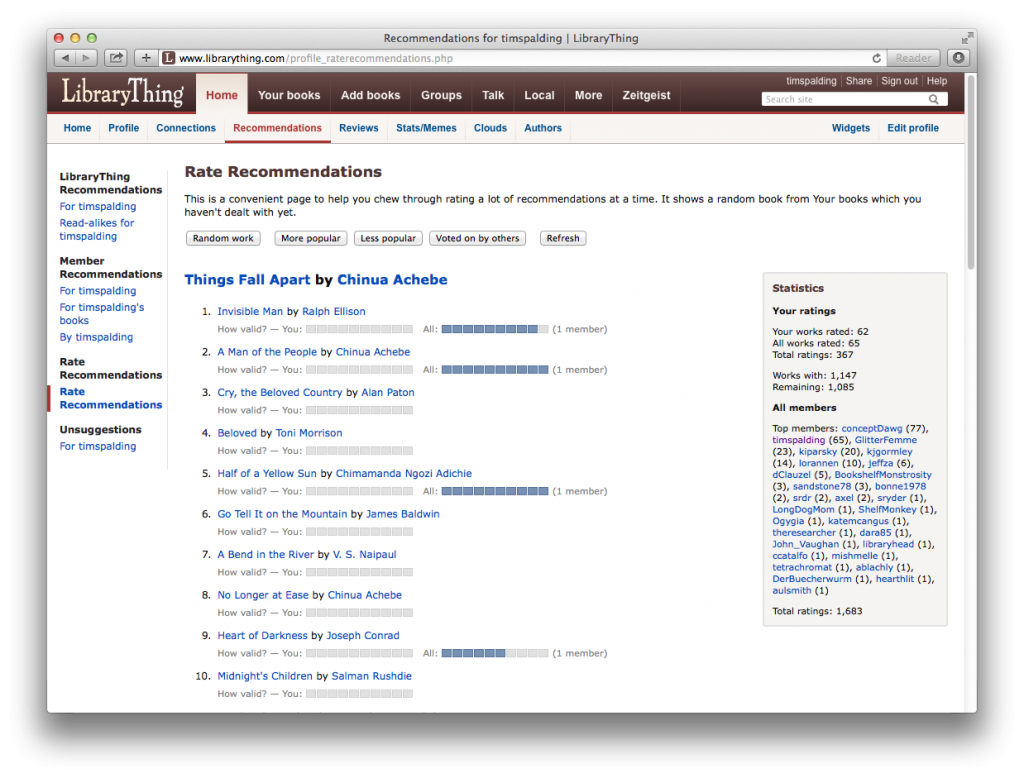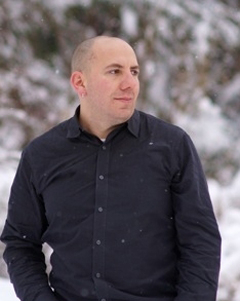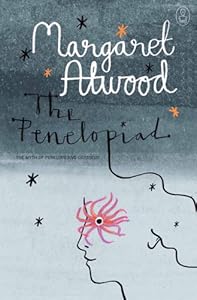 Some excerpts from our interview with Maximillian Potter, which initially appeared in July’s State of the Thing.
Some excerpts from our interview with Maximillian Potter, which initially appeared in July’s State of the Thing.
Maximillian Potter is the senior media advisor for the governor of Colorado. He is also an award-winning journalist, and the former executive editor of 5280: Denver’s Magazine. His first book, Shadows in the Vineyard, detailing the events surrounding an attempt to poison one of the world’s greatest wineries, is out this month.
We have 10 copies of Shadows in the Vineyard available through Early Reviewers this month. Go here to request one!
Loranne caught up with Maximillian this month to discuss the crime, the writing process, and, of course, wine.
For those who have yet to read Shadows in the Vineyard, could you give us the nutshell version of the book?
The narrative engine of the book is the story of an unprecedented crime that was committed against the most highly regarded and storied winery in the world, the Domaine de la Romanée-Conti. Located in the heart of France’s Burgundy region, the DRC (in wine-speak) produces seven of the world’s finest and—go figure—most expensive wines, including La Tâche, Richebourg, and arguably the most coveted wine on the planet, Romanée-Conti, which, in the unlikely event you could find it available for purchase, is likely selling for north of $10,000. The French government regards the DRC as something of a national landmark. Think of the winery as something akin to America’s Liberty Bell, only it produces wine.
In January 2010, the co-owner of the Domaine, Monsieur Aubert de Villaine, received a note informing him that a small piece of his winery’s most prestigious vineyard, Romanée-Conti, had been poisoned and most of the rest of the vines in that parcel would be killed unless De Villaine paid a one million euro ransom. A substantial part of the book deals with the criminal investigation, the investigators, the sting operation that caught the bad guys, and the unlikely and tragic end of the investigation. But the crime is only a piece of the book.
For the crime to be fully appreciated, the reader must understand Burgundy. So the criminal investigation becomes a way to explore the characters, culture and history of region. To go with a viticulture metaphor, I think of the crime as the main vine trunk and the subplots as the shoots of the vine. We come to know the incredible history of wine in Burgundy, which begins with bands of holy men on the run; then the Prince de Conti—the James Bond of pre-revolutionary France; and of course, the De Villaine family, which co-owns the Domaine, and the tensions that nearly pulled apart their winery and the disciplined tenderness that held it together.
Shadows is about about a crime, wine, family, obsession and love.
 You first brought this story of wine, intrigue, and sabotage to the public in a Vanity Fair piece in 2011. What drew you to this particular story, so much that you decided to expand it into a book? What was the most challenging part of bringing the tale to life in a longer format?
You first brought this story of wine, intrigue, and sabotage to the public in a Vanity Fair piece in 2011. What drew you to this particular story, so much that you decided to expand it into a book? What was the most challenging part of bringing the tale to life in a longer format?
I sensed there was a book to be written not long after I first arrived in Burgundy to report the Vanity Fair story. I’d been doing magazine stories for the better part of 20 years and this was one of the three times in all of that time when I’d felt that there was so much rich material it ached for a book. In this case, I first started thinking of a book during my very first meeting with Monsieur Aubert de Villaine. Before I’d met Aubert, in my mind’s eye, I pictured him as a soft-palmed, ascot-wearing French aristocrat who charged way too much for a bottle of wine and probably had whatever happened to his vines coming. Within hours of talking with him, I began to realize how ignorant my image of him had been.
While many vinegrowers, or vignerons, refer to their vines as their enfants, for Aubert, these vines were indeed his children. What’s more, they are his legacy, handed down through generations, and these vines are entangled with French history. The Domaine, as Monsieur de Villaine puts it, is something much bigger than any one person or vintage.
Even in the face of the attack on this sacred trust, his demeanor remained unwaveringly kind and gentle. When I learned of what he had decided to do, or rather not do, to the bad guys when they were apprehended, well, I was stunned by his mercy and forgiveness. Aubert once told me, “The world could use more hugs.” The world could use more people like Monsieur de Villaine. So meeting him was a moment.
Other factors that got me thinking a book that needed to be written were the remarkable history of the Burgundy region, the jealousies and intrigue interwoven throughout the the region and the history of the Domaine itself. When I discovered that the Prince de Conti—after whom the winery and its celebrated vineyard is named—may very well have almost trigged the French Revolution decades before it occurred, that struck me as irresistible.
The hardest thing about expanding what started as a magazine piece into the book format was having to leave so many stories and so many great characters out of the book. …Sigh.
The neat thing about Shadows—especially for wine novices like myself—is that you bring a large dose of historical context into the tale, showing us how the Domaine de la Romanée-Conti came to be, and developed into the revered vineyard it is. Was it difficult to strike a balance between providing that context and maintaining focus on the ongoing story?
Well, thanks and I’m glad you liked it. While I found myself with many options when it came to great characters and magnificent historical subplots, yes, it was difficult to find what I hope is a compelling structure that strikes the right balance of historical context and true crime. I wanted to satiate oenophiles, but also captivate wine novices.
For me, when it comes to writing, structure is close to everything—if that’s wrong, it’s all wrong. Perhaps giving myself too much credit, I consider myself a pretty average human, especially when it comes to curiosity and attention span; in determining the structure, I considered what it was about Burgundy that I had found so compelling and I went with that as my guiding strategy. As I began writing the book, I found myself saying to friends that the crime was what first drew me to Burgundy, but the poetry of the place was what kept me coming back. The thing was, once I was into reporting the crime, in Burgundy talking with Aubert and so many other Burgundians, I came to learn that, My gosh, the crime really is not the most interesting thing about this region and the people who cherish and cultivate it; there’s so much more. And so, I tried to structure the book accordingly.
Before all of this, I didn’t care much about wine, didn’t care much about France. I wouldn’t have been much interested in a book about either. (Happens a lot when you write for general interest magazines, by the way.) I certainly wasn’t one to pick up a book about wine. I wrote the book for people like me. Ultimately, I guess, I wrote the book primarily thinking of people who haven’t yet discovered wine but who should. I hope Shadows will be something that readers remember, the people and stories, and that those memories will enhance the flavor and enjoyment of their next glass of burgundy, or maybe inspire them to try their first burgundy.
What was the most interesting or surprising thing you learned as you researched for Shadows in the Vineyard?
Gosh, so much. In terms of reported material, the story of the Prince de Conti was the most stunning to me. Such a remarkable character. He personifies that old nonfiction writers truism that fact really can be stranger (and so much more awesome) than fiction.
On a more existential level, I was struck by the fact that everyone I met in Burgundy and who loved Burgundy, who worked in wine and believed in the magic of the terroir of the place—everyone of them was broken. In some way, each of these Burgundy believers was—is—broken, or maybe a better way of saying it has died a little at some point because of tragedy. (Who among us isn’t like that, I guess.) Yet, in Burgundy, they find the promise of starting over, of the rebirth, of the hope, that comes in every new vintage. Burgundians are aware of this. That’s pretty awesome. At least, I think so.
»For more from Maximillian, read our full interview here.
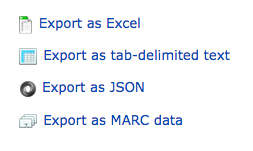

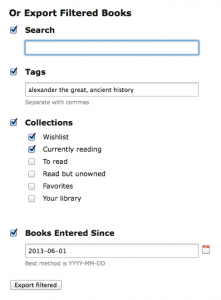
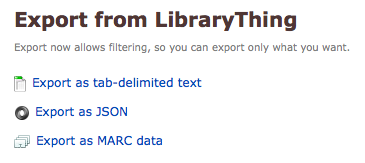
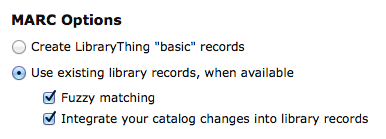

 We’re pleased to announce that the
We’re pleased to announce that the 





 Back in September, we debuted the beta version of a
Back in September, we debuted the beta version of a  Along with our new Your Books search, we’ve revamped the search syntax, which now allows for searches that include operators like AND, NOT, and OR, as well as field-specific searching. You can now search all of Your Books for things like:
Along with our new Your Books search, we’ve revamped the search syntax, which now allows for searches that include operators like AND, NOT, and OR, as well as field-specific searching. You can now search all of Your Books for things like: For a full rundown of the advanced syntax now at your disposal in Your Books search, see the
For a full rundown of the advanced syntax now at your disposal in Your Books search, see the 







 Publishers do things country-by-country. This month we have publishers who can send books to the US, Canada, the UK, Israel, Australia, France, Germany, and many more. Make sure to check the flags by each book to see if it can be sent to your country.
Publishers do things country-by-country. This month we have publishers who can send books to the US, Canada, the UK, Israel, Australia, France, Germany, and many more. Make sure to check the flags by each book to see if it can be sent to your country.































































































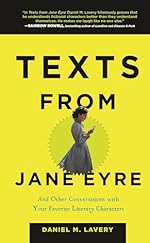
 ) on the style control (i.e.,
) on the style control (i.e., 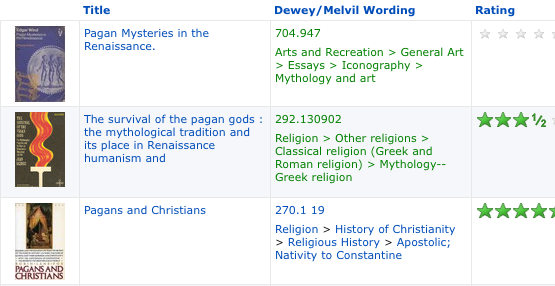
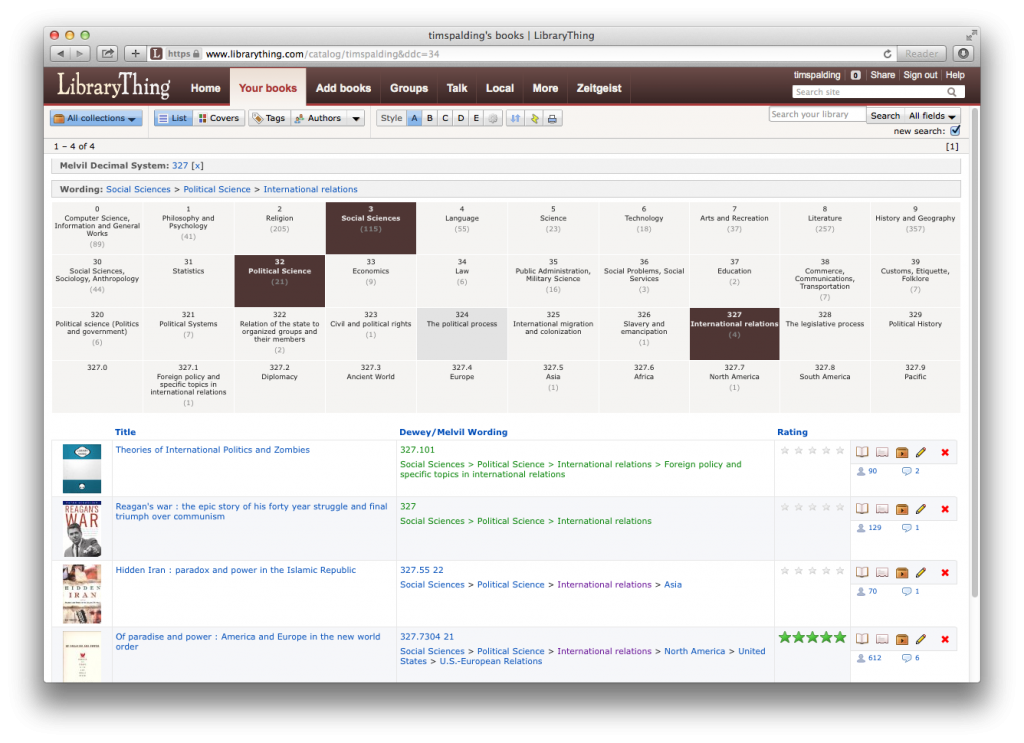



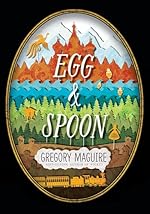




























































































































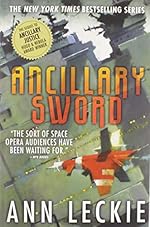




 We’re thrilled to welcome Kristi (LT member
We’re thrilled to welcome Kristi (LT member 





























































































